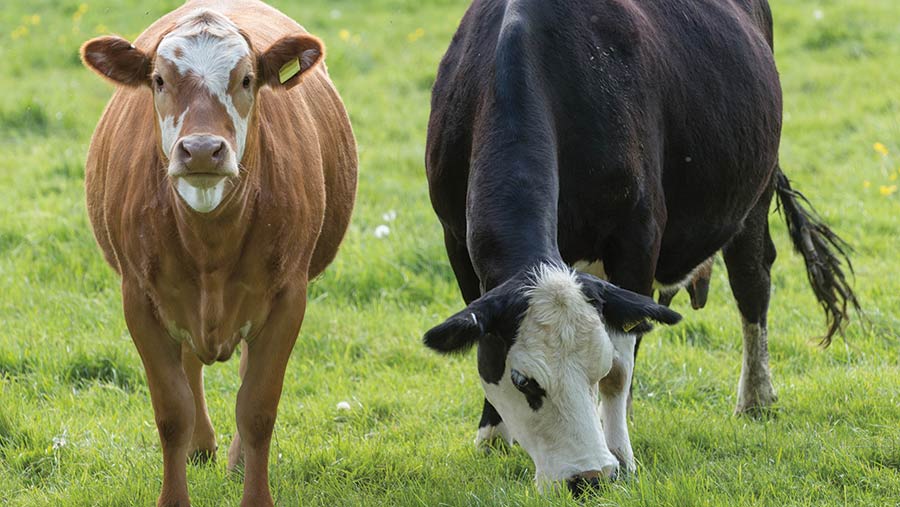Scientists’ latest anti-meat claims dismissed as ‘flawed’
 © Tim Scrivener
© Tim Scrivener The AHDB has hit back at the latest calls to cut meat consumption in response to climate change, branding the thinking as “flawed”.
The demand is included in a letter from more than 50 international scientists to the journal Lancet Planetary Health – an open access journal focusing on sustainability – and was timed to coincide with climate change talks (COP25) taking place in Madrid.
See also: Myth buster – the BBC’s anti-meat programme examined
In the letter, the scientists say that “restoring natural vegetation, such as forest, is currently the best option at scale for removing carbon dioxide from the atmosphere and must begin immediately”.
They add: “The livestock sector, having largely displaced natural carbon sinks, continues to occupy much of the land that must be restored”.
Without such land restoration, carbon dioxide removal from the atmosphere cannot be guaranteed, increasing the risk of temperature rises that will damage ecosystems.
As such, the scientists suggest that all but the poorest countries in the world should “declare a timeframe for peak livestock” beyond which numbers would not increase.
They should then set “appropriate reduction targets for production”, with lost livestock replaced with pulses, grains, fruits, vegetables, nuts and seeds, they suggest.
Underestimate
But the AHDB says these arguments underestimate the extent to which meat production has increased without a any rise in the number of animals, due to genetic improvements and management efficiencies.
Chris Gooderham, AHDB head of market specialists for livestock and dairy, said: “What this letter fails to recognise is production and animal numbers do not go hand in hand, so the argument is fundamentally flawed.
“Our industry has made huge strides over the past few decades to produce more from less, making the UK one of the most sustainable places to produce livestock in the world, with carbon emissions well below the global average.”
In the UK, production increased by 4% for meat, eggs and milk from 1990 to 2017, while greenhouse gas emissions for these foodstuffs dropped by 20%.
Globally, the scientists’ letter cites figures showing production of meat, milk and eggs has increased from 758m tonnes in 1990 to 1,247m tonnes in 2017 – a rise of 65%.
“But it fails to note that, in the same time period, emissions from these products have risen by just 15% and in the meantime the global human population has increased by 42%,” said Mr Gooderham.
“Any cap on production would be a misguided and meaningless tactic for tackling climate change. Our farmers need support to further improve productivity and reduce their carbon footprint while continuing to produce vital, nourishing food for a growing population.”
UK livestock numbers and meat output, 1990-2017 |
|
| Cattle numbers | -18% |
| Beef production | -10% |
| Sheep numbers | -48% |
| Sheepmeat production | -19% |
| Pig numbers | -43% |
| Pigmeat production | -5% |
| Source: AHDB | |
